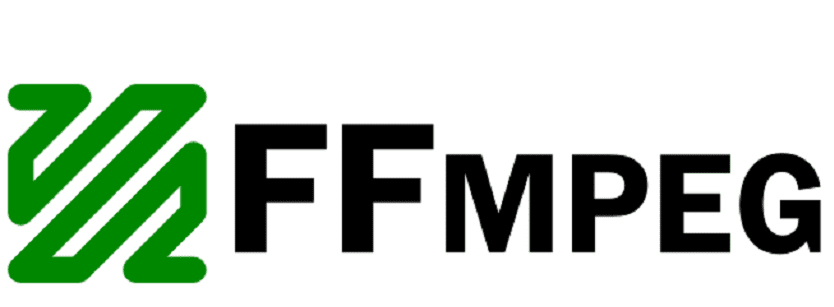
After nine months of development a new version of the multimedia package FFmpeg 4.2 was released, version that is already available. FFmpeg 4.2 includes bug fixes and new components that improve its performance.
For those who are unfamiliar with FFmpeg should know that this is a free software project It can that allows users to decode, encode, transcode, mux, demux, stream, filter, streaming audio and video, among many other things more.
It is also worth mentioning that the package contains libavcodec , libavutil, libavformat, libavfilter, libavdevice, libswscale and libswresample that can be used by applications. As well as ffmpeg, ffserver, ffplay and ffprobe, which it can be used by end users for transcoding, streaming and playback.
FFmpeg is developed on GNU / Linux, but it can be compiled on most operating systems, including Windows. FFmpeg that produces libraries and programs that are used for multimedia data manipulation.
Main new features of FFmpeg 4.2
With the arrival of this new version of FFmpeg various supports have been added which we can highlight the support implemented to decode the AV1 format using the alternative dav1d decoder developed by the VideoLAN and FFmpeg projects. Dav1d is focused on achieving the highest possible decoding performance and ensuring high-quality multithreaded operation.
As well as support for decoding HEVC 4: 4: 4 content using the NVIDIA nvdec and cuviddec hardware acceleration engines, as well as the use of the VDPAU (Video Decoding and Presentation) API.
Media Container Unpacks Also Added (demuxer) dhav, hcom and vivid, KUX and IFV and PCM-DVD, VP4, hymt, hcom, ARBC, agm and lscr encoders.
In mov media container packer, track recording is provided without explicit language definition (previously, the default language was English).
Another novelty of this new version of FFmpeg 4.2 is the addition of new filters, which are:
- asr: automatic speech recognition with PocketSphinx engine
- derail: removes the rain from a video using a RESCAN neural network-based machine learning system and out-of-the-box models
- freezedetect: determination of the absence of changes in the video (without changing a certain image time)
- t-pad: add additional framesets to the beginning or end of the video stream
- finger: smooth out brightness and color artifacts (dot flash and rainbow) in video
- chromashift / rgbashift: displacement of pixel color components horizontally and vertically
- truehd_core: retrieves the underlying TrueHD stream, discarding ATMOS metadata;
- anlmdn: suppression of broadband noise in the sound stream using the non-local averaging algorithm
- maskfun: create a mask based on the input video
- AV1 : frame separation in AV1 sequence
- lag fun: slows the color change of dark pixels (increases the display time of bright highlights)
- asoftclip: smooth clipping of the sound (gradual attenuation of the amplitude instead of an abrupt interruption of the signal)
- colorhold: removal of information about all RGB colors except the one specified
- xmedian: mapping the average intersection of pixels for multiple input videos
- showspatial: converts stereo sound into video, showing the spatial interaction between two audio channels
- deesser: Eliminates distortion due to a poor quality microphone or excessive sound compression during voice recording (eliminates the effect of sound in a bank).
Of the other changes that can be highlighted:
- Added ability to use Clang to compile CUDA files
- The structure includes an image analyzer in GIF format
- Added support for ARIB STD-B24 subtitles (Profiles A and C) used in MPEG-2 TS streaming. Support is implemented by using the libaribb24 library;
- The libndi-newtek library has been removed.
Finally, for those who want to install or update FFmpeg, they should know that this package is found in most Linux distributions or if they prefer they can download its source code for compilation from the link below.